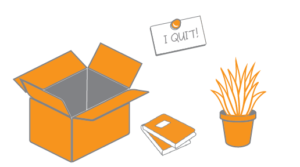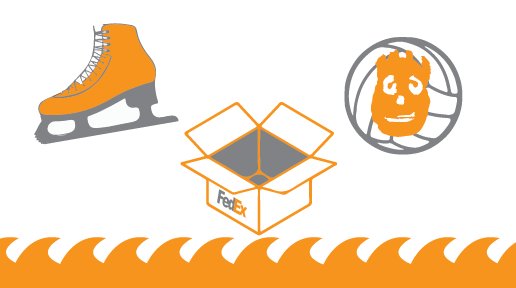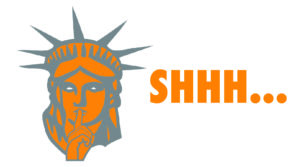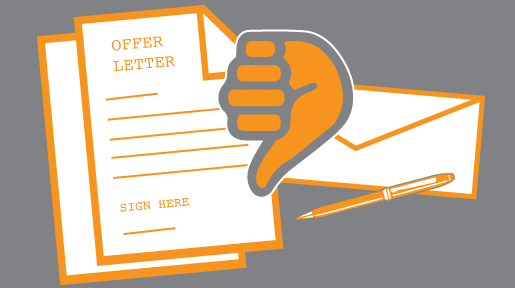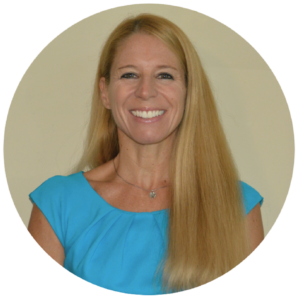How can you tell it’s Christmas in your house? Is it the Christmas tree decked-out with treasured family ornaments from childhood? Snow on the ground? Competition with everyone you know to avoid Mariah Carey as much as possible?
I love Christmas lights and Santa as much as the next guy, but in my house, it isn’t Christmas until Hans Gruber plunges 30 floors from the top of Nakatomi Plaza.
When reflecting on why Die Hard has earned mandatory Christmas-watching status, I keep coming back to the rich, textured characters. And because I have been interviewing candidates non-stop lately, I got to thinking about what makes someone successful in an interview using Die Hard characters as my guide.
- Fallibility Is An Asset; Not A Liability
My favorite thing about Die Hard is that John McClane talks out loud to himself throughout the movie. He tells himself he shouldn’t have said that to his wife. He yells at himself “What are you doing, John?!” when he is about to jump off the building. He bleeds and limps after he walks over glass and admits to his police friend that he might not make it. He tells himself “Now, I know what a TV dinner feels like,” as he sneaks around an air vent.In short, McClane is a fallible, relatable hero, and he’s not afraid to tell the viewer that.I like this quality in my candidates, too. When I am interviewing someone for a job, I don’t want Rambo or Schwarzenegger vibes. I want to see confidence, but I want the candidate to have questions about the role, to admit they have made mistakes, and to acknowledge there are areas where they can grow and learn in their career. I want to talk to a real human being!
Which brings me to my next point…
- Authenticity Is King.
Remember Harry Ellis? Harry Ellis is the smarmy, greasy, corny, cocaine-loving yuppie who “negotiates million dollar deals for breakfast” and gets shot when he tries to smooth talk Gruber. You can tell he is fake from a mile away.Don’t come across like Ellis in an interview. You don’t need to talk yourself up and use buzzwords and meaningless workplace jargon. Don’t try to oversell yourself or try too hard. Bring your genuine self to the conversation. - Don’t Be Afraid to Be Earnest
I was once moved to tears in an interview when a candidate told me how much freedom means to him because his immigrant parents gave up everything to make a life for his family in this country. The honesty and vulnerability this candidate displayed made it impossible not to root for him.This is the same feeling I get about Sgt. Al Powell, the cop who talks to John McClane on the walkie-talkie throughout Die Hard, when he opens up about being scared to ever pull his gun again because he shot a kid on accident early in his career. Without fail, when Powell shoots the final bad guy at the end of the movie, saving our main characters, I tear up.Sometimes I think candidates shy away from earnestness, worried that it will come across as hokey. But I promise it doesn’t! It gives me insight into who you are and what motivates you. It makes me root for you!
- A Sense of Humor Stands Out
I would argue that Hans Gruber is the most memorable villain in movie history. Why?Gruber is hilarious. His deadpan sarcasm is the distinctive trait that elevates him from strategic genius with a cool accent to worthy of his own advent calendar.As it does with German terrorists, during a job interview, a sense of humor stands out. If you make me chuckle, I am not going to forget you and if the opportunity I just interviewed you for doesn’t work out, I am going to have you in my mind as someone I want to place in the future!
I hope you enjoyed this list and I wish you a Merry Christmas and at least one Die Hard watching this holiday season!

